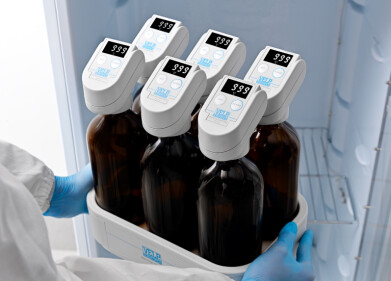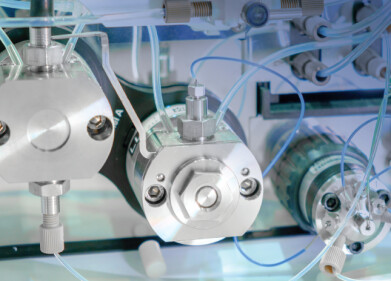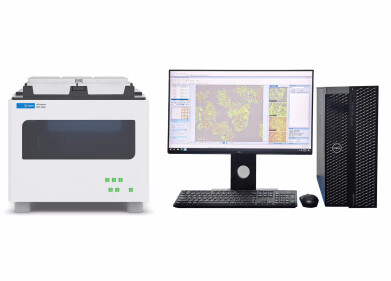Laboratory products
New Extensive Chip Toolkit Available
Nov 10 2006
ChIP is a powerful technique for studying protein-DNA interactions and can detect the binding of an individual protein to a specific gene sequence in living cells. ChIP assays are used to study histones and non-histone proteins (such as transcription factors) within the cell.
ChIP assays require specific antibodies in order to selectively enrich a chromatin fraction containing a target antigen. The primary antibody must be suitable for immunoprecipitation and the epitope recognised must be available after DNA binding.
Protein-DNA interactions play a crucial role in cellular functions such as signal transduction, transcription, chromosome segregation, DNA replication and recombination, and epigenetic silencing. Identifying the targets of DNA binding proteins and understand the mechanisms of protein-DNA interactions is important for investigating cellular processes.
Digital Edition
Lab Asia Dec 2025
December 2025
Chromatography Articles- Cutting-edge sample preparation tools help laboratories to stay ahead of the curveMass Spectrometry & Spectroscopy Articles- Unlocking the complexity of metabolomics: Pushi...
View all digital editions
Events
Jan 21 2026 Tokyo, Japan
Jan 28 2026 Tokyo, Japan
Jan 29 2026 New Delhi, India
Feb 07 2026 Boston, MA, USA
Asia Pharma Expo/Asia Lab Expo
Feb 12 2026 Dhaka, Bangladesh



















